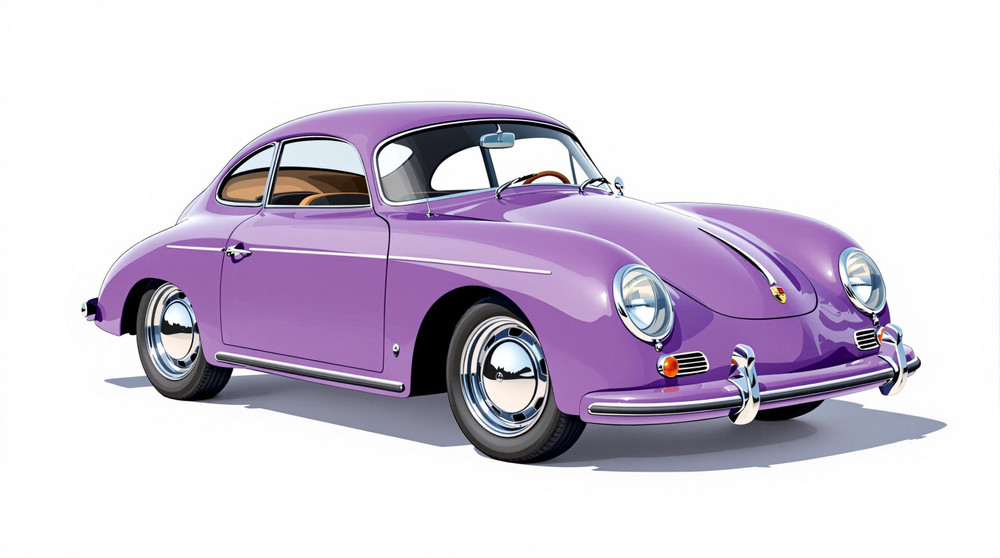Image of 1951 Porsche 356, Note: These illustrations use artistic license and may differ from actual historical models.
Performance Metrics
Fundamental Metrics
Emotional Appeal
MMP Rating
| Engine Specifications | |
|---|---|
| Engine: | 1.1L 4-cylinder |
| Displacement: | 1086cc |
| Horsepower: | 40hp |
| Torque: | 59 lb-ft |
| Compression Ratio: | 7.0:1 |
| Ignition System: | Battery ignition |
| Cooling System: | Air-cooled |
| Performance Specifications | |
| 0-60 Time: | Estimated 30 seconds |
| 1/4 Mile Time: | Not available |
| Top Speed: | 87 mph |
| Transmission and Drive | |
| Drive Type: | Rear-wheel drive |
| Transmission Type: | 4-speed manual |
| Fuel and Efficiency | |
| Fuel System Type: | Carburetor |
| MPG: | Estimated 26-30 mpg |
| Dimensions and Brakes | |
| Brakes: | Drum brakes |
| Wheelbase: | 82.7 inches |
| Weight: | 1,764 lbs |
Note: Specifications for classic cars are given to the best of our ability, considering the limited and variant data available.
Unveiling the Timeless Elegance of the 1951 Porsche 356
The 1951 Porsche 356 whispers a tale of innovation and elegance from the moment its silhouette catches your eye. Born from the vision of Ferdinand Porsche and his son, Ferry Porsche, this vehicle emerged as an emblem of post-war automotive rebirth. Crafted in Gmünd, Austria, before production moved to Stuttgart, Germany, the Porsche 356 was a trailblazer that set a new benchmark for sports cars worldwide. Among its many accolades, it is celebrated for introducing the unmistakable design language that would become synonymous with the Porsche brand.
Design and Innovation
With its sleek contours and flowing lines, the exterior of the 1951 Porsche 356 exudes a timeless appeal that has captivated enthusiasts for generations. The car's rounded fenders and teardrop-shaped headlights are hallmarks of its distinctive style. Inside, occupants are greeted by an uncluttered dashboard and seats upholstered in high-quality leather or corduroy, reflecting the era's craftsmanship. Technologically advanced for its time, it featured a rear-engine layout that contributed to its balanced weight distribution. The color palette ranged from vibrant hues to classic tones, with Fish Silver Grey and Pascha Red being among the popular choices. The most iconic body style is undoubtedly the coupe, though cabriolet versions also hold a special place in collectors' hearts.
Historical Significance
The 1951 Porsche 356's introduction was more than just another car launch; it was a statement of intent from Porsche that they were ready to redefine sports car engineering. Its lightweight construction and focus on performance set it apart from contemporaries and laid down principles that would influence sports car design for decades to come.
Performance and Handling
The heart of the 1951 Porsche 356 lay in its rear-mounted, air-cooled flat-four engine that hummed with enthusiasm. While top speeds approached a modest 87 mph, it was the way the 356 danced through corners that won over enthusiasts. The nimble handling made every twisty road an invitation to joy, with drivers reveling in the tactile feedback through the steering wheel and responsive throttle.
Ownership Experience
Owners of the 1951 Porsche 356 often describe their stewardship as a labor of love. Whether used as a daily driver or reserved for weekend jaunts, each outing is an event. Maintenance can be straightforward for those familiar with vintage machinery, but sourcing original parts may challenge even seasoned collectors.
Fun Facts
This automotive jewel has graced both small roads and silver screens alike, with appearances in countless films adding to its mystique. Notably rare editions like the aluminum-bodied Gmünd coupes are sought after by collectors worldwide. Criticisms typically revolve around its modest power output compared to later models but do little to diminish its allure.
Collector's Information
Today, discerning collectors vie for ownership of a 1951 Porsche 356, with values ranging significantly based on condition and provenance. Estimates suggest fewer than 8,000 were produced during this era. As for appreciation, well-maintained examples have seen their value steadily climb—a testament to their enduring desirability.
Conclusion
The 1951 Porsche 356 not only marked the beginning of Porsche's storied history in sports cars but also became an icon of automotive design. Its legacy is one of elegance coupled with exhilarating performance—a combination that continues to captivate hearts and minds across generations.
1951 Porsche 356 Catalog of Parts
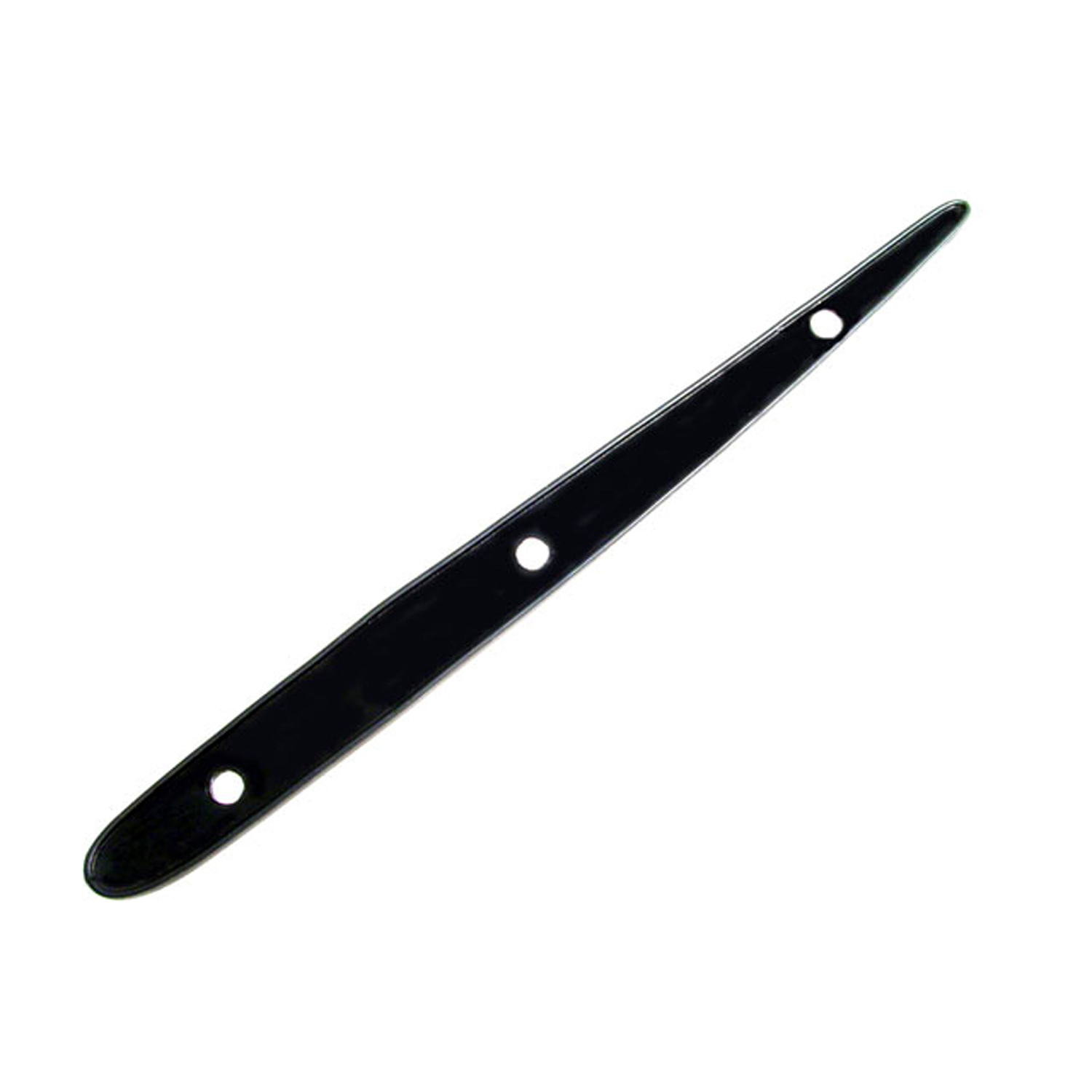 1951 Porsche 356 Hood Ornament Pad. 1" wide X 9-7/8" long. Each-MP 992-AHood Ornament Pad. 1" wide X 9-7/8" long. Each
1951 Porsche 356 Hood Ornament Pad. 1" wide X 9-7/8" long. Each-MP 992-AHood Ornament Pad. 1" wide X 9-7/8" long. Each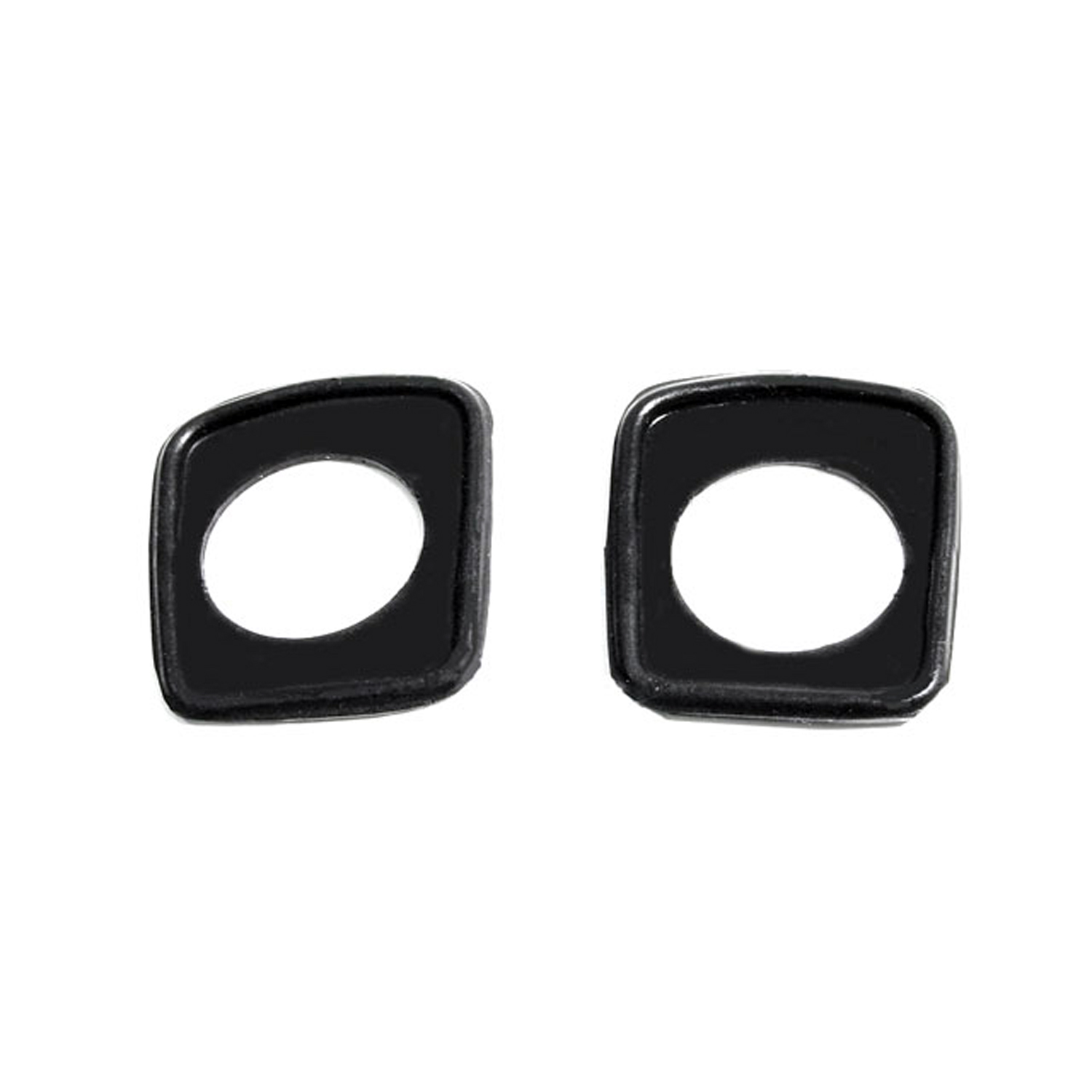 1951 Porsche 356 Door Handle Pads. 1-3/4" wide X 2" long. Pair-MP 992-BDoor Handle Pads. 1-3/4" wide X 2" long. Pair
1951 Porsche 356 Door Handle Pads. 1-3/4" wide X 2" long. Pair-MP 992-BDoor Handle Pads. 1-3/4" wide X 2" long. Pair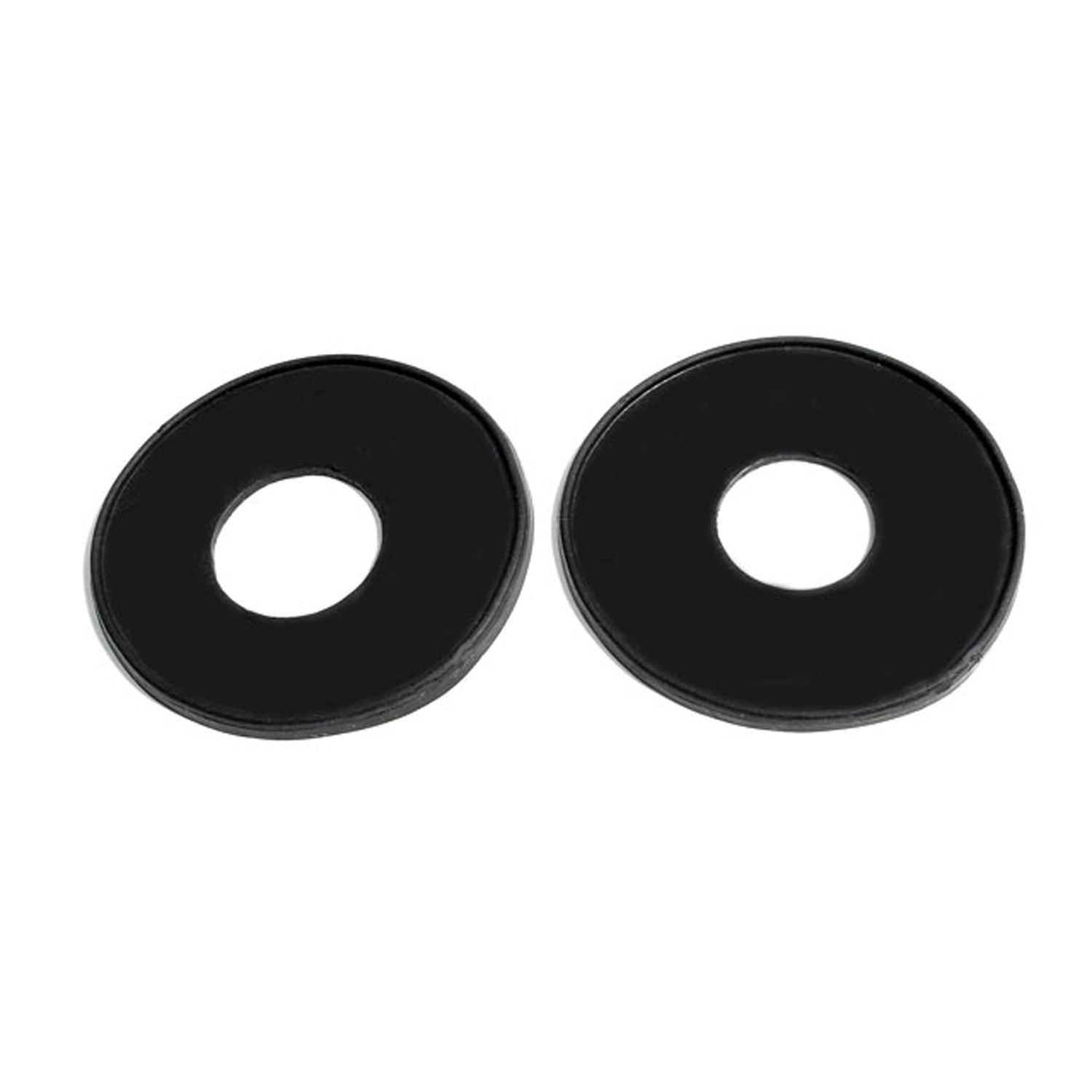 1951 Porsche 356 Turn Signal Pads. 2-3/4" O.D. Pair-MP 992-CTurn Signal Pads. 2-3/4" O.D. Pair
1951 Porsche 356 Turn Signal Pads. 2-3/4" O.D. Pair-MP 992-CTurn Signal Pads. 2-3/4" O.D. Pair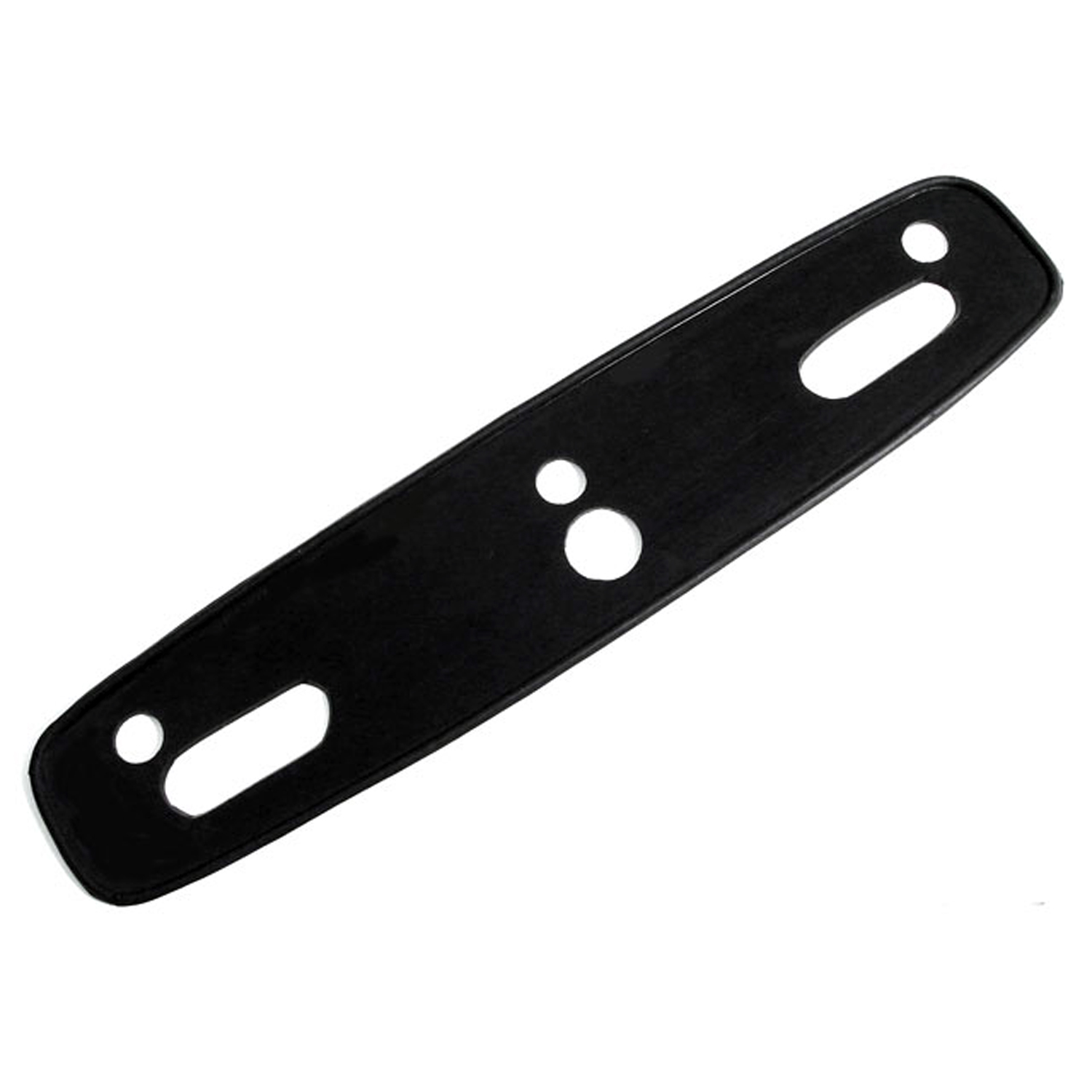 1951 Porsche 356 License Light Pad. 2-3/4" wide X 12-1/8" long. Each-MP 992-ELicense Light Pad. 2-3/4" wide X 12-1/8" long. Each
1951 Porsche 356 License Light Pad. 2-3/4" wide X 12-1/8" long. Each-MP 992-ELicense Light Pad. 2-3/4" wide X 12-1/8" long. Each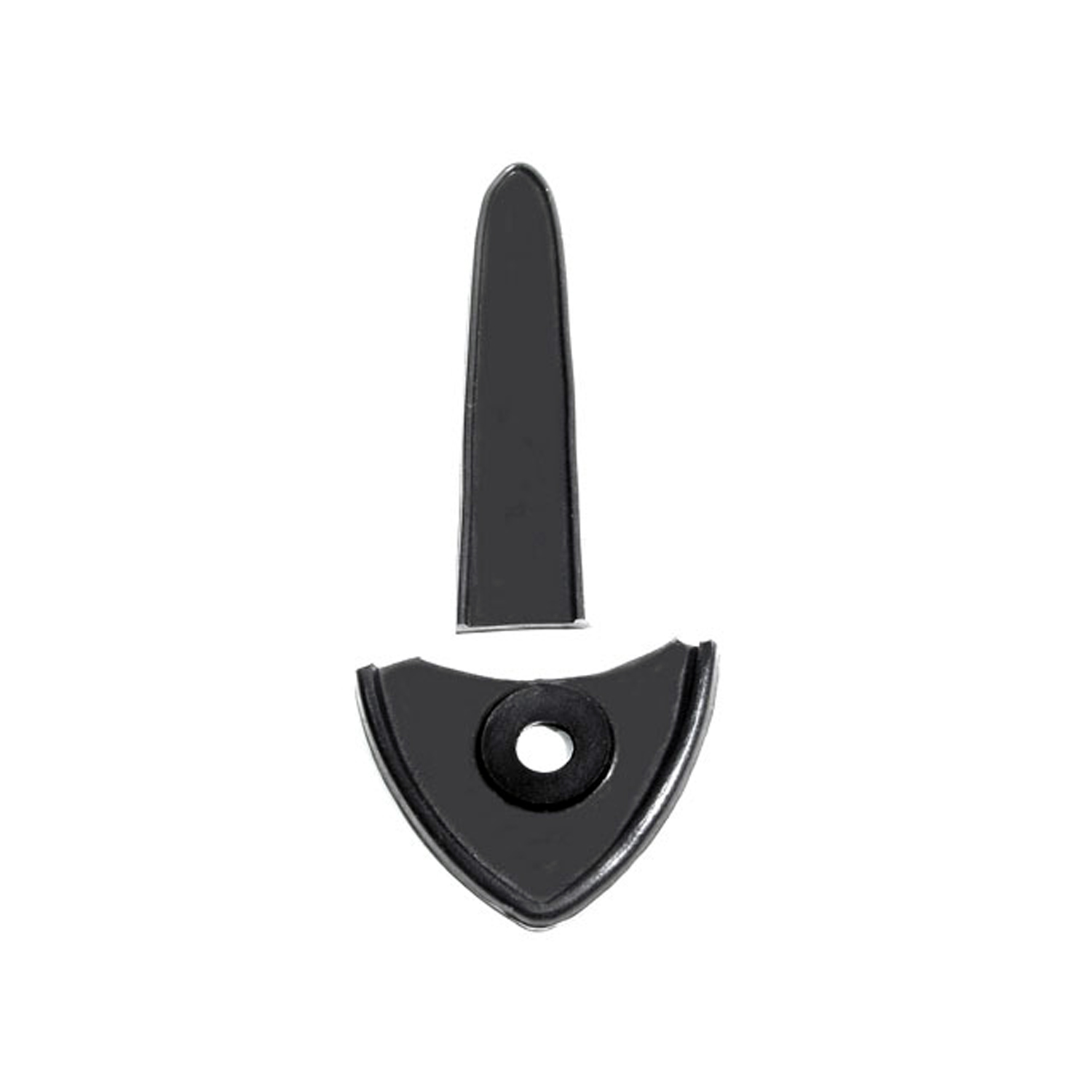 1951 Porsche 356 Hood Ornament Pads. 3-7/8" long & 1-5/8" long. Set-MP 992-FGHood Ornament Pads. 3-7/8" long & 1-5/8" long. Set
1951 Porsche 356 Hood Ornament Pads. 3-7/8" long & 1-5/8" long. Set-MP 992-FGHood Ornament Pads. 3-7/8" long & 1-5/8" long. SetWhy Choose Metro?
For over 100 years, Metro Moulded Parts has been the pinnacle of quality in classic car restoration parts. Our commitment to precision and authenticity in every component ensures a perfect fit and an OEM-level appearance.
- Expert Craftsmanship & Quality: Each part is a testament to our dedication to reliability and perfection, crafted from original designs and thoroughly tested.
- Advanced Technology: We use cutting-edge techniques to create flawless, long-lasting parts that surpass others in performance.
- SuperSoft Sponge – The Ultimate Door Seal: Not only are our door seals 30% softer than competitors', but they're also guaranteed to never leak. They effectively reduce wind and road noise, enhancing your classic car's comfort and driving experience.
- Proudly American: Our parts are a product of American craftsmanship, made in the USA with a spirit of excellence and heritage.
- Unrivaled Warranty: We back our products with a 30-year industry-leading warranty, a testament to our confidence in their quality.
Join us in preserving the legacy of classic cars with parts that are crafted for perfection, not just made.

